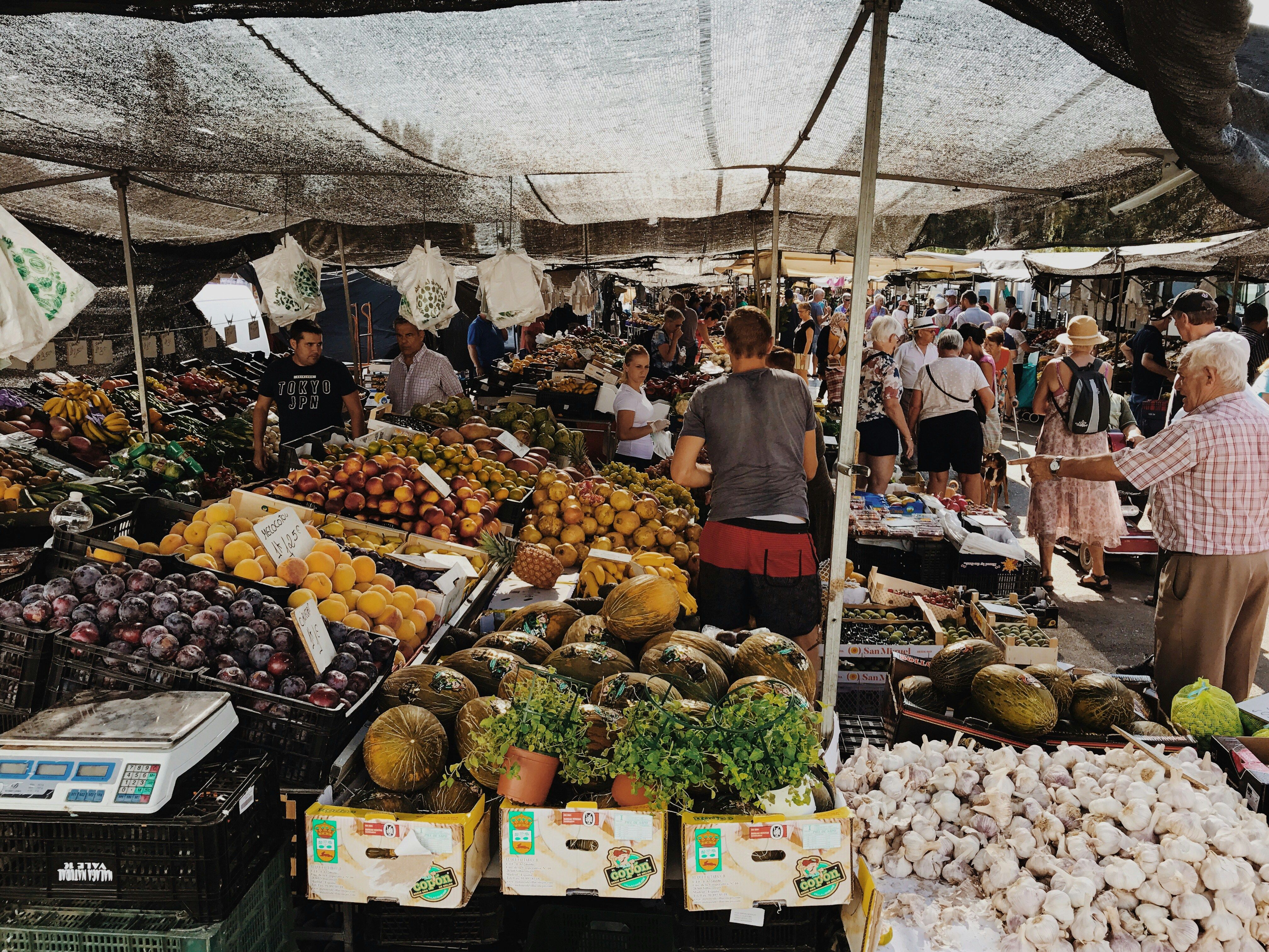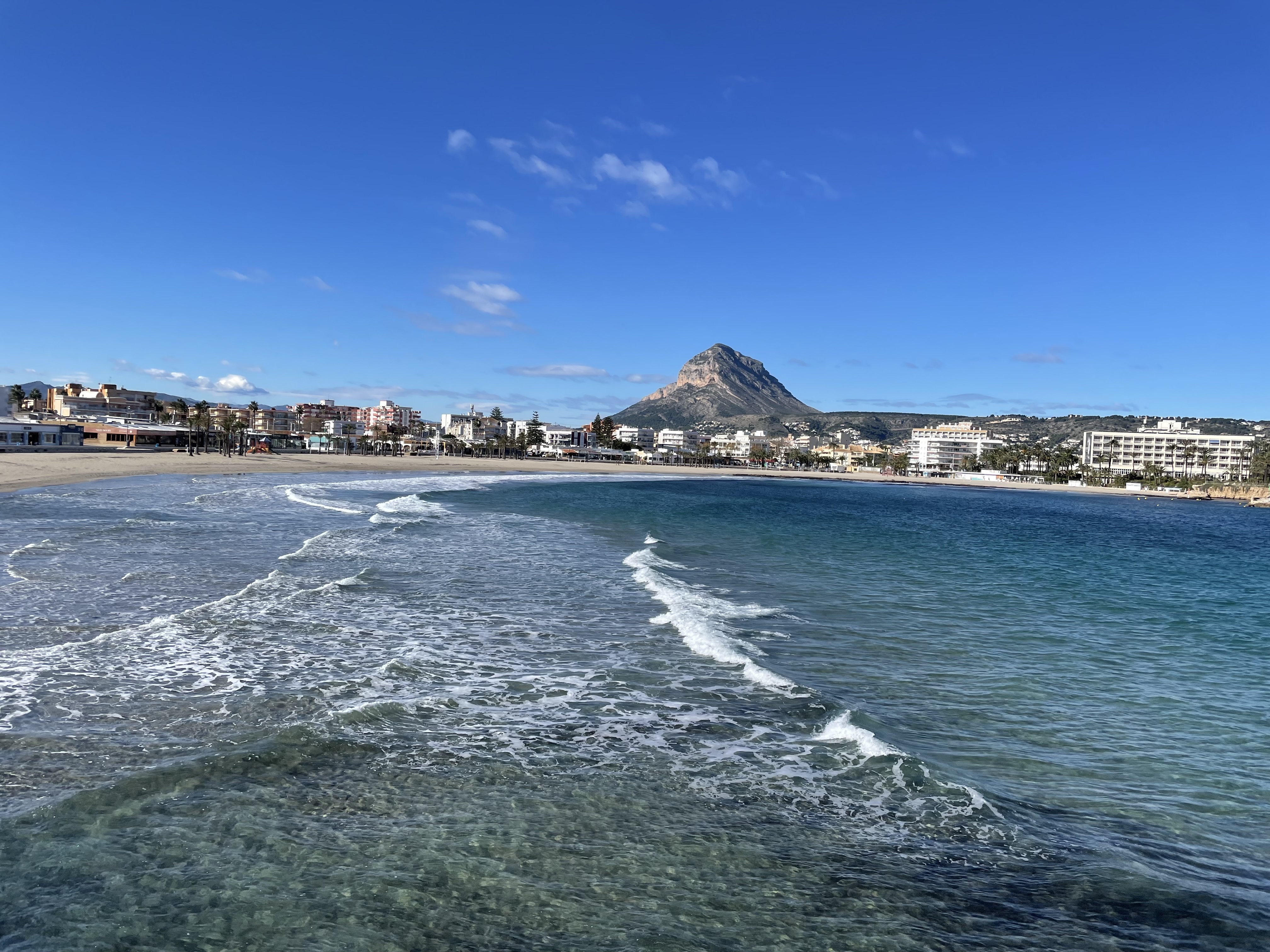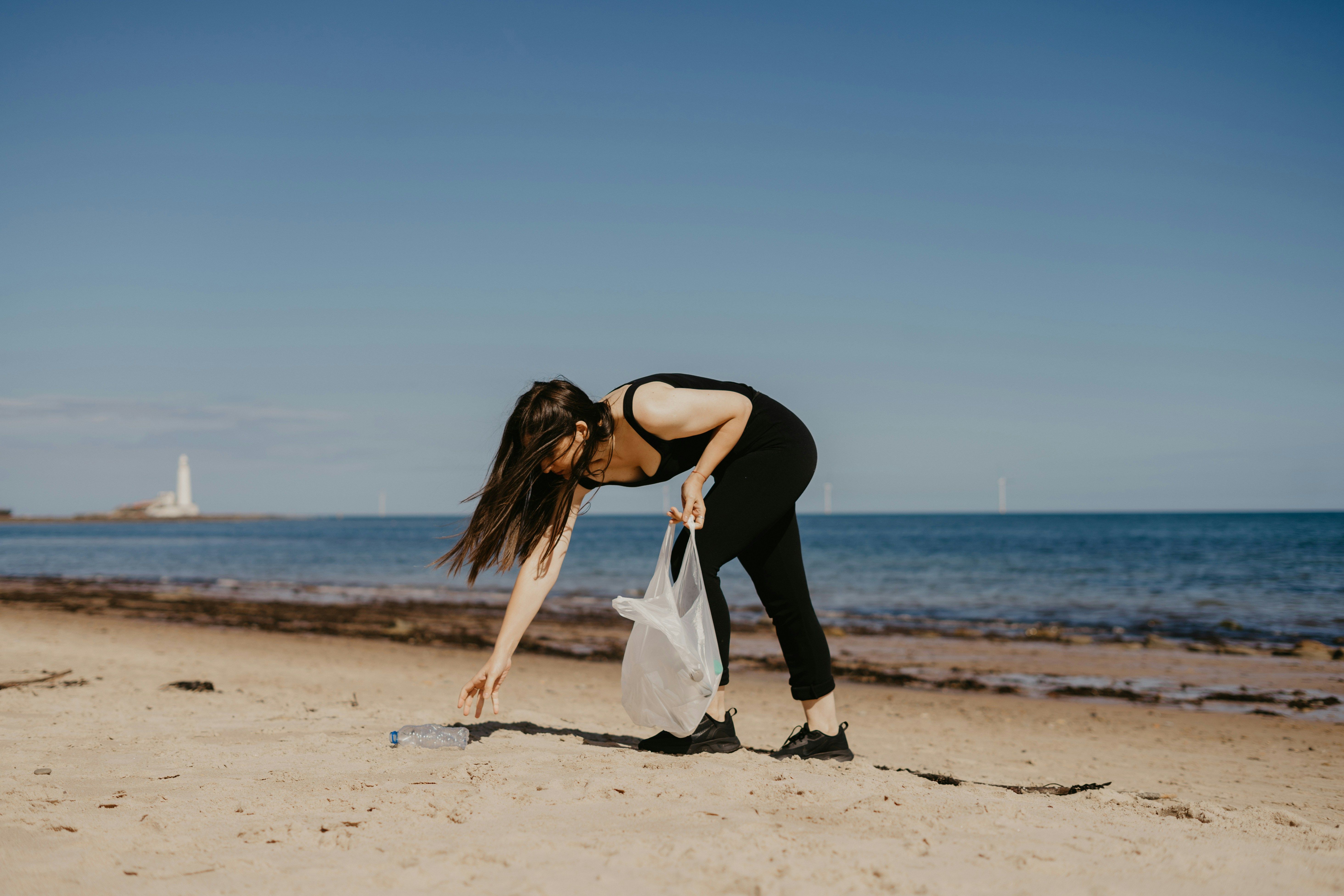Spain's sun-drenched beaches, vibrant cities, and rich cultural tapestry are attracting a record number of visitors in 2025. But with this incredible popularity comes a great responsibility. How can we, as travelers, ensure that our visit helps to protect the natural beauty and authentic culture we've come to admire?
The answer lies in sustainable tourism in Spain.
This isn't about limiting your experience. It's about enriching it. It’s a movement towards more conscious, responsible, and authentic travel that benefits both the visitor and the destination. This ultimate guide will provide you with actionable sustainable travel tips to make your next Spanish adventure a force for good, preserving the country's magic for generations to come.
Why is Sustainable Tourism in Spain More Important Than Ever?
To travel more responsibly, we must first understand the stakes. The current tourism boom, while a boost for the economy, places significant strain on Spain's environment and local communities.
The Environmental Impact of Mass Tourism
- Water Scarcity: In sun-baked regions like Andalusia, the high water demand from tourism puts immense pressure on a resource that is already scarce due to climate change.
- Coastal Degradation: Rapid development threatens fragile ecosystems. A prime example is the Posidonia seagrass meadows found here on the Costa Blanca and in the Balearics. These underwater forests are vital for marine life and beach protection, yet are easily destroyed by careless boat anchoring.
- Waste Management: The sheer volume of waste, particularly single-use plastics, generated during peak season can overwhelm local systems.
The Socio-Cultural Strain of Overtourism
- Overtourism in Cities: In hubs like Barcelona and Palma, the phenomenon of "overtourism" is a real concern, leading to soaring housing costs for residents and crowded public services.
- Loss of Authenticity: When a living culture is commercialized for mass consumption, it risks losing its genuine soul.
Responsible travel in Spain is the key to mitigating these impacts, ensuring the country remains a vibrant place to live as well as to visit.
How to Plan Your Sustainable Trip to Spain
A positive impact begins before you even pack your bags. Here’s how to plan your trip with sustainability in mind.
1. Travel in the Off-Season
One of the most effective ways to practice eco-tourism in Spain is to avoid the peak months of July and August. Consider traveling in the spring (April-June) or autumn (September-October) for:
- Fewer crowds at major attractions.
- Lower prices on flights and accommodation.
- A more relaxed and authentic atmosphere.
2. Choose Your Destination and Accommodation Wisely
- Explore Beyond the Hotspots: Spain's diversity is its strength. Discover the green landscapes of Asturias, the historic cities of Castile and León, or the uncrowded beaches of the Costa de la Luz.
- Look for Eco-Certifications: Seek out destinations that are recognized UNESCO Biosphere Reserves, like the island of Menorca, or hotels with the EU Ecolabel. This ensures they adhere to strict sustainability standards.
- Support Rural and Local Stays:
- Casas Rurales: Stay in a rural guesthouse to directly support the economy of Spain's beautiful countryside.
- Legal Apartment Rentals: If you choose an apartment, make sure it has a tourism license number (número de registro). This supports responsible hosts and helps combat the local housing crisis.
Check out our recent post on Spain's Record-Breaking Tourism Numbers in 2025 to understand why choosing sustainable options is so critical this year.
3. Pack with Purpose
- Your Reusable Kit: A reusable water bottle, coffee cup, and shopping bag are essential to minimize your plastic footprint.
- Reef-Safe Sunscreen: If swimming in the Mediterranean, use mineral-based sunscreens to protect marine life.
- Solid Toiletries: Shampoo and conditioner bars are plastic-free and travel-friendly.
On the Ground: Your Guide to Ethical Travel in Spain
Once you arrive, your daily choices can make a huge difference.
1. Sustainable Transportation
- Take the Train: Spain's Renfe rail network, including the high-speed AVE trains, is an efficient and eco-friendly way to travel between cities.
- Walk, Cycle, and Use Public Transport: Once in a city, explore on foot or use local buses and bike-sharing programs to reduce your carbon footprint.
Plan your train journeys directly on the https://www.renfe.com/
2. Eat and Drink Responsibly
- Shop at Local Markets: Visiting the mercado municipal is a feast for the senses and a great way to support local farmers.
- Choose "Kilometer 0" Restaurants: Look for eateries that source ingredients hyper-locally (cocina de proximidad).
- Drink Tap Water or glass bottles: The tap water (agua del grifo) is safe and high-quality in most of Spain. Ask for a pitcher for the table to avoid plastic bottles.
3. Respect Nature and Wildlife
- Leave No Trace: When hiking in Spain's magnificent national parks, like the Montgó Natural Park here in Xàbia, always stick to the path and take all your rubbish with you.
- Protect the Seabed: If you rent a boat, never anchor on the dark patches of Posidonia seagrass. Use designated mooring buoys whenever possible to protect these vital underwater ecosystems.
- Choose Ethical Wildlife Tours: Select tour operators committed to animal welfare and conservation, especially for activities like whale watching.

Conclusion: Be the Traveler Spain Needs
Sustainable tourism in Spain is not about a checklist of restrictions. It is a mindset—an invitation to engage more deeply, travel more consciously, and become a part of the solution.
By embracing slow travel, supporting local communities, and respecting the environment, you gain a far richer and more authentic experience. You become the kind of traveler Spain needs, ensuring its incredible culture and nature will continue to thrive for all future visitors.
Frequently Asked Questions (FAQ)
Q1: What is sustainable tourism?
A1: Sustainable tourism is about visiting a place in a way that respects the local environment, culture, and economy. It aims to minimize negative impacts and ideally leave a positive footprint, ensuring the destination remains a great place to live and visit for years to come.
Q2: How can I find eco-friendly hotels in Spain?
A2: Look for official certifications like the EU Ecolabel or Biosphere Tourism. Websites like Booking.com also have a "Travel Sustainable" filter to help you identify properties that are making efforts to operate more sustainably.
Q3: Is it safe to drink the tap water in Spain?
A3: Yes, the tap water is safe, treated, and high-quality in virtually all cities and towns across Spain. Carrying a reusable bottle and refilling it is one of the easiest ways to be a sustainable traveler.


